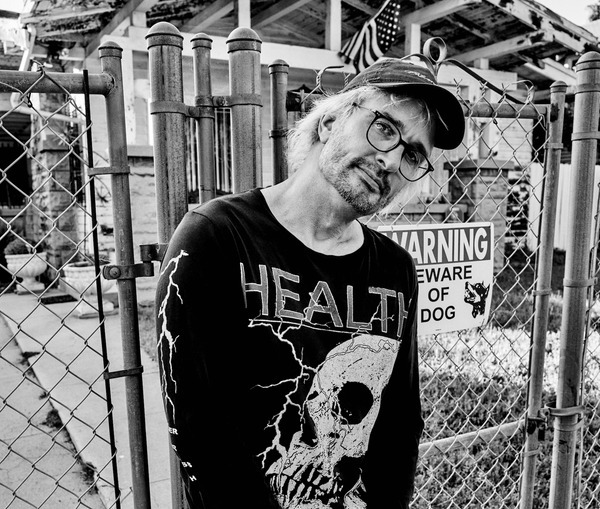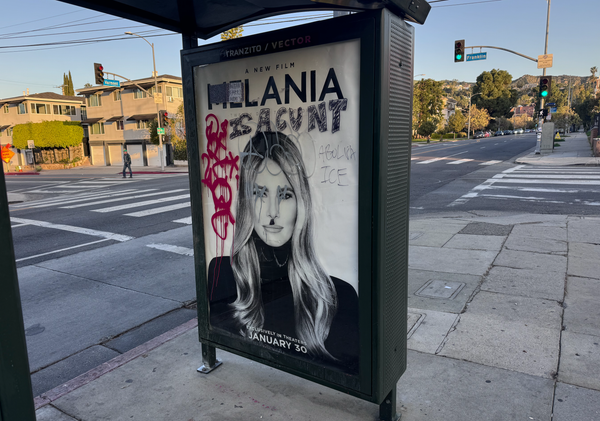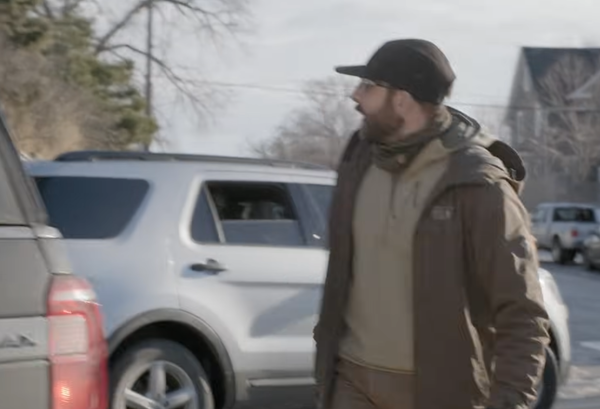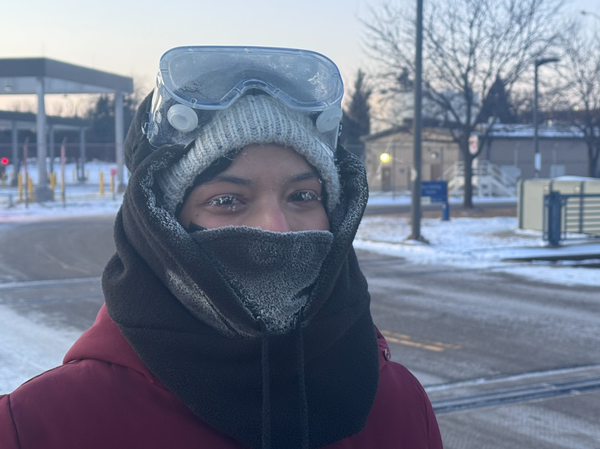Journalism in New Zealand Is Collapsing
My old TV newsroom is set to close & it has me deeply worried about NZ's democracy.
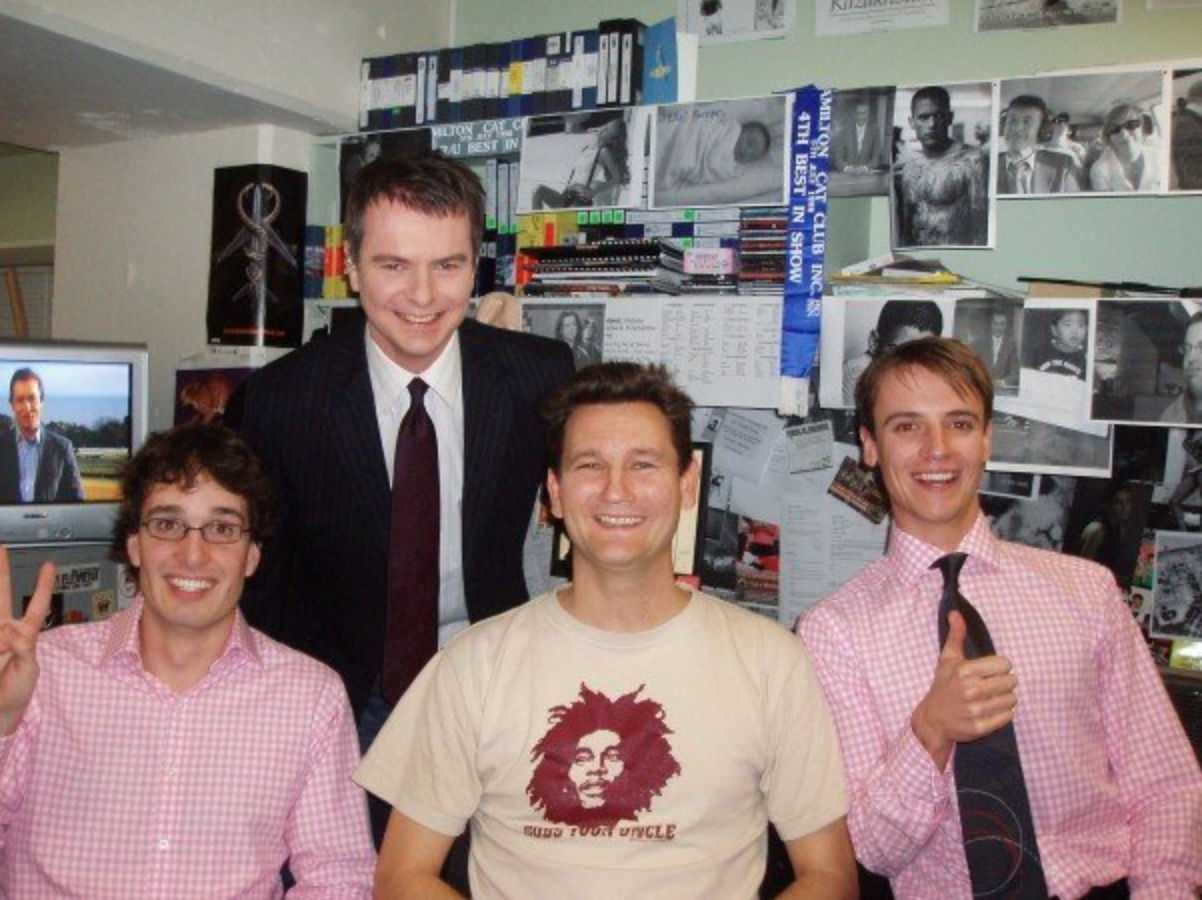
Update — 8pm PT: Stuff’s Sinead Boucher sent out an email to staff about 20 minutes ago. I have included that email in its entirety at the end of this Webworm.
Hi,
I was not intending to send out a Webworm today, and I hate that I am having to write about this.
After nearly 35 years of broadcasting, the TV newsroom in New Zealand that was my home for about a decade is set to close in June.
Some of my closest and dearest friends will be losing their jobs. Some of those friends (who I’ve known for more than half my life now) read this newsletter, and they’re all I can think about right now.
To them I just want to say I’m proud of the work you do, and I know you will find ways to keep doing the work.
In a wider context, this is really bad for New Zealand.
A country of just over 5 million people is now left with one major TV news source, TVNZ. This is both sort of embarrassing, and worrying: who is going to hold the government owned broadcaster to account? Who will keep it on its toes?
What I sent out yesterday (about Leigh Hart being dragged into the algorithmic dragnet of social media) hits way too close to home today:
Almost every day it feels like we get a new story about a media organisation shutting down or announcing lay-offs. Vice is gone. The LA Times got rid of 115 staff.
Some of the best writers at the Washington Post were compelled to take redundancy. For many people, news articles are just something they see in the background of TikTok video essays.
Social media has undercut the news media’s business model, which wouldn't be so bad if it hadn’t replaced that content with an artillery barrage of idiocy blasted straight through the eyeballs.
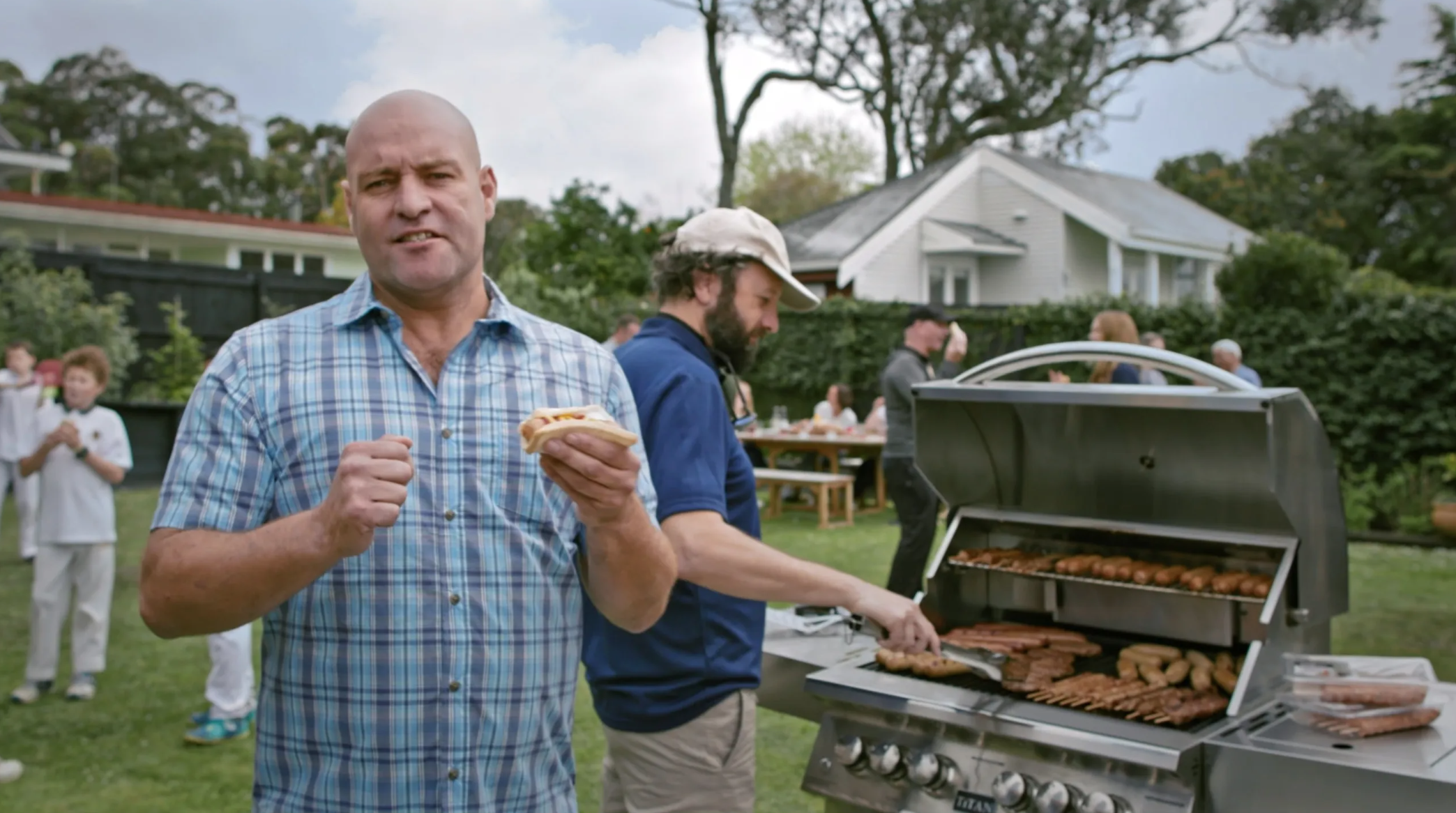
I woke up this morning to the news that my journalism hero Isobel Yeung would no longer be making incredible documentaries for Vice.
Now here I am at 4.03pm thinking about my Kiwi buddies, and how far we go back.
I started at 3News — which would eventually be owned by Discovery and called “Newshub” — while I was still in journalism school.
It was 2002 and I would sprint up the road from university and arrive sweaty-faced in the newsroom at 4pm. There I’d meet a motley gang of other wannabe journalists, and we’d sort out the printed scripts that the 6pm newsreaders would need on their desks.
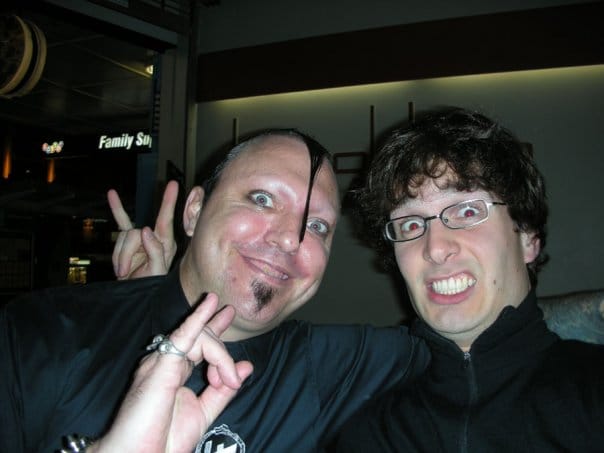
Come 5.45pm we’d rush them around the building to all the different departments that needed them (engineering, graphics, directors, director’s assistants, producers, presenters!) before arriving in the studio itself to run the autocue prompter for the 6pm news.
That’s right — for about a year of my life my main job was carefully turning a small knob so a good chunk of New Zealand could be delivered its 6pm news.
I would go on to graduate journalism school, and work all across that newsroom — from assisting the chief of staff as we tried co-ordinate journalists and camera crews, to helping on the foreign news desk.
I was this terrified, shy kid who had no idea what he was doing, and thanks to people there taking a punt on me, I actually started to learn.
I’d learnt shit all at university. Everything I learnt about journalism I learnt in that small, determined newsroom that got by on the smell of an oily rag.
Rebecca Singh let me air my first story on the late night news. Angus Gillies let me grow into myself as I reported on Nightline. John Campbell always had his door open with advice and friendship. Sam Hayes let me host a show with her despite my lack of ability and talent.
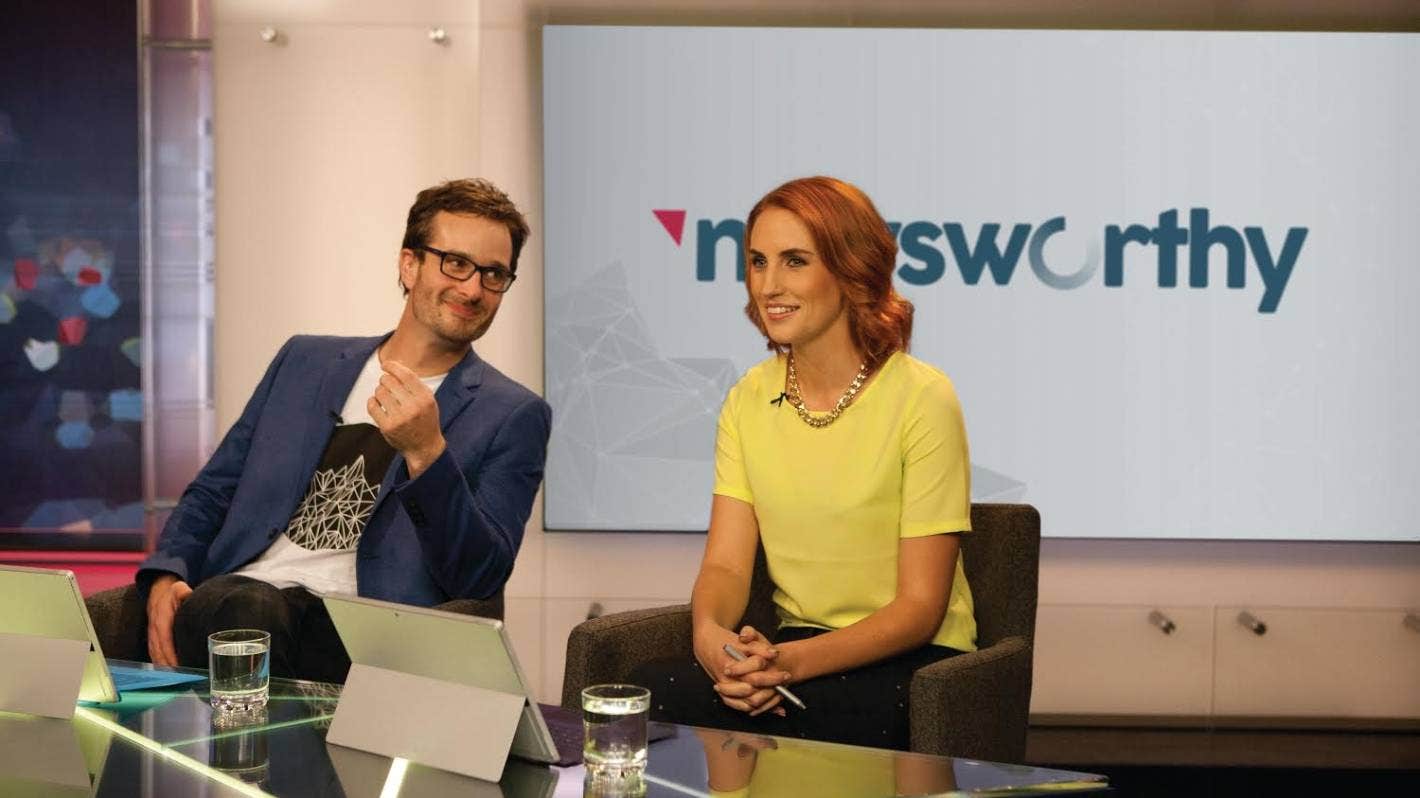


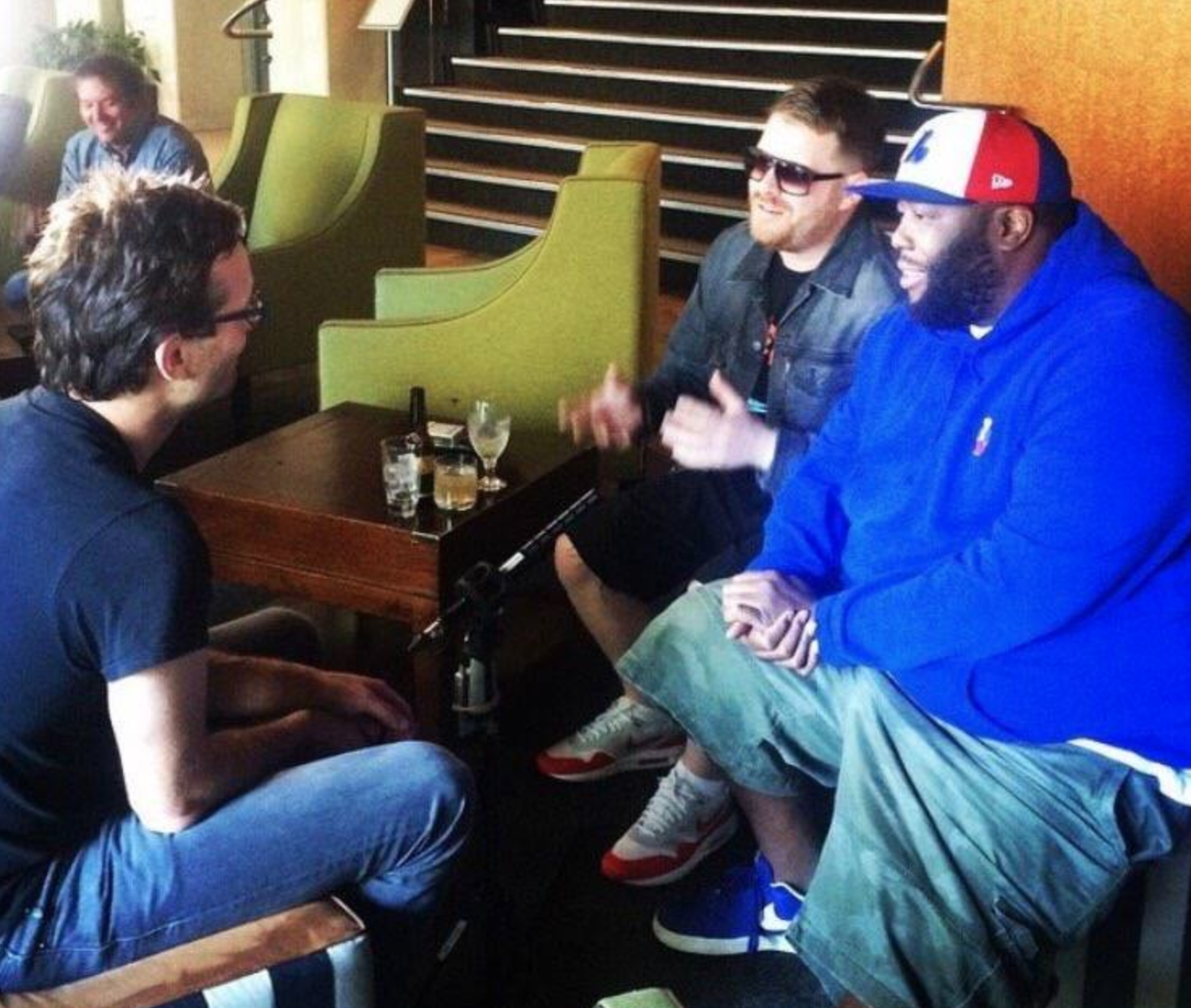
My stories tended to hone in on entertainment, subcultures and oddities. But I’d sometimes wander into other news departments, sitting in with the current affairs teams like 60 Minutes and 3D as they did their deep dives. Reporters, producers and editors would let me quiz them about what they were doing, and I like to think some of that sunk in.
At some point there, I left that newsroom to go and get Tickled out in the world. Life went in weird directions and I tried new things. Some stuff I screwed up, other things I got right — but I never stopped being driven by what I learnt in that newsroom and the people that inspired me there.
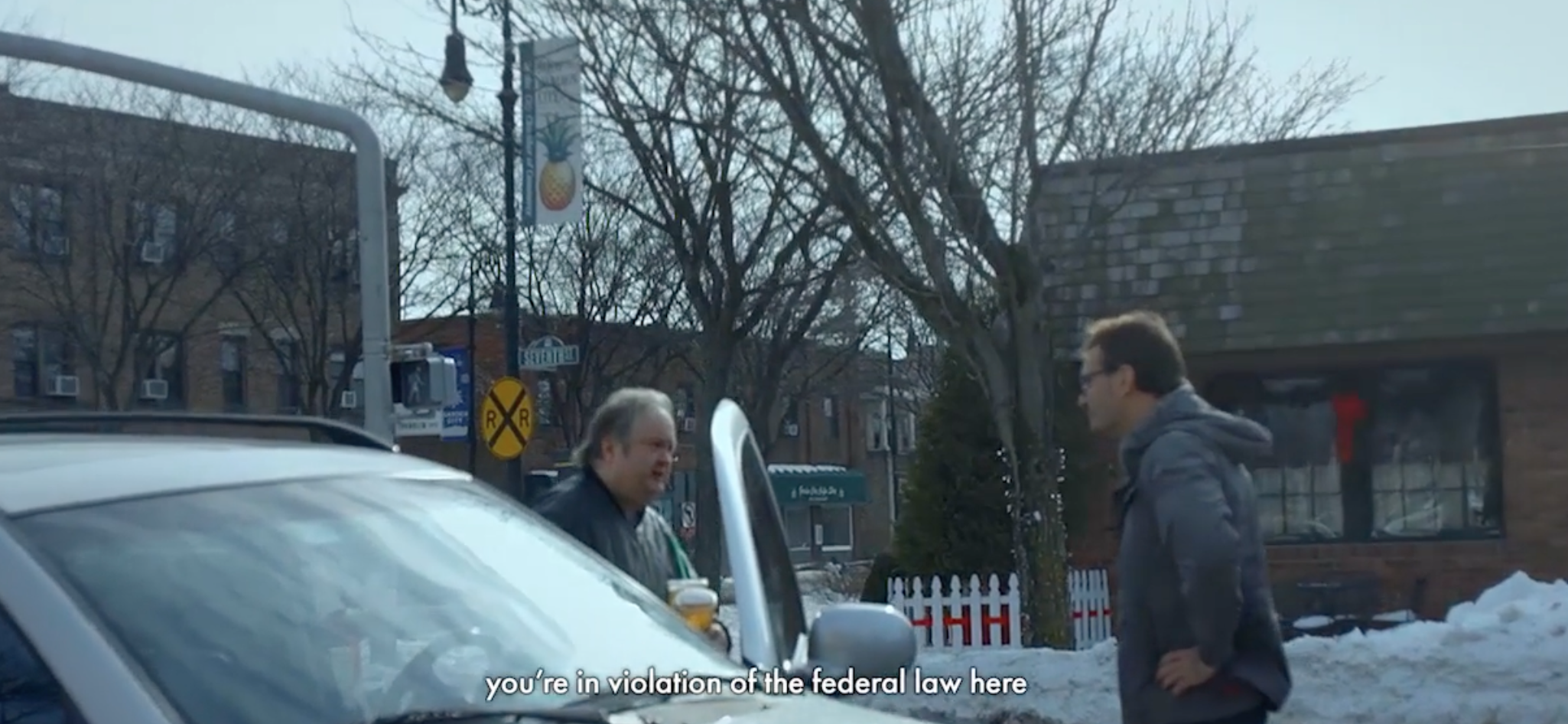
I’m deeply worried about the state of journalism in the world right now — and here’s a real case study in how bleak it’s getting in New Zealand.
In a few months, the only major TV news channel in the country will be the state-owned outlet TVNZ, which is itself going through a restructure and recording financial losses.
Rumblings are coming out about money troubles at New Zealand’s biggest news producer, Stuff, and some journalists are pointing to it as the next media company that might shut down.
Meanwhile, fringe sites and voices are getting louder. Government ministers are appearing on the anti-vax conspiracy pipeline Reality Check Radio, even as it runs interviews with the white nationalist who helped shape the views of the terrorist who committed mass murder in Christchurch.
Labour leader Chris Hipkins is going on The Platform, despite Sean Plunket being Sean Plunket. That wouldn’t be so bad if there was a flourishing mainstream media network to serve as a balm for that content.
That’s no longer the case.
I don’t mean to be an old man screaming at the clouds — I know people, technology and habits change. But as I’ve been writing about at length here on Webworm lately, I worry about the lack of credible sources for people to be able to draw information from.
Last week Stuff’s owner Sinead Boucher appeared before a government committee tasked with considering legislation aimed at making Facebook and Google pay for news. She said news outlets are clinging on by their fingertips, and increasingly looking at the prospect of an “extinction-level event”.
How can people think critically if they don’t even have a chance to access credible information in this post-truth world? How can we have a functional democracy if the main places that people get their information from keep dragging them down the fascism rabbit hole because it’s engaging content? How can we agree on how to move forward in society if we can’t even agree on a shared reality?
Maybe we can’t.
RNZ chief executive Paul Thompson appeared at the same committee to sound a warning: “If we don’t tell and own our stories, if New Zealanders don’t have a range of media to come to, they will get the information from somewhere else and it will break our democracy,” he said.
Newshub was one of the best, most unique outlets at telling those stories. And despite it being the scrappier one on the block (less money, less resources) it would often beat TVNZ to the punch because of its smarts, passion and cunning. It’s people.
Its demise is a big loss to journalism — but it’s much bigger than that. It’s a huge loss for the whole of New Zealand.
And so while on a personal level I am feeling deeply for my friends and what they’re going through, I’m also full of angst for the future of the whole country that I call home.
David.
Update: 8pm PT.
Stuff staff received this email from Sinead Boucher about 20 minutes ago:
I wanted to message you all following the devastating news of Newshub’s demise announced today, a shocking closure that will have affected many of your friends and colleagues. This is a blow for not only journalism, but for democracy in New Zealand.
Many of us have shared publicly how gut-wrenching this feels and expressed our love and support for the Newshub team - I called them fierce and respected competitors. Many hugely talented journalists and other Newshub team members are now out of work. I sincerely hope some of them will join us at Stuff in the coming weeks and months.
Today’s news has also brought out those who love to take potshots at Stuff, and our strong position in the media marketplace. They have been doing this for years - referring to “rumblings” about our financial position and organisational strength.
I want to unequivocally call them out for this and ensure you all know they are simply wrong. Despite the challenging economic conditions we face currently, and the lobbying we are doing to ensure global media giants pay fairly for the content they publish, Stuff is a profitable, debt-free, standalone, independent media business fit for the market we find ourselves in.
We have worked really hard over the past three years to get ourselves into this position - we have reshaped our business from top to bottom, invested heavily in the tech and capability that we need to win, and cemented our dominance as the largest digital news platform in Aotearoa, invested hugely in technology including our recent replatform and created a dynamic, agile business ready for the future. Along the way, I have also been really proud that we have funded some exceptional journalism and had a significant impact on the health of this country.
That doesn’t lessen the disappointment we feel about what is happening in the media generally, and Newshub’s closure is a blow to the whole industry. It won’t stop us campaigning for what we believe is fair and right - calling on the Government to take the Fair Digital News Bargaining Bill into legislation so that even global giants pay for the content they profit from. But it does mean that we can chart our own course and follow no one. We are in a strong position in the market and I’m thankful to all of you for that.
I know times are tough in media right now. The market is tough and requires constant adaptation. Change is constant and we have to evolve and innovate at every opportunity. Rest assured that Stuff has done and is doing just that, often ahead of the market and always with an eye to the years ahead.
Webworm believes in good journalism. That’s why it has started Big Worm Farm — a fund for investigative journalists.
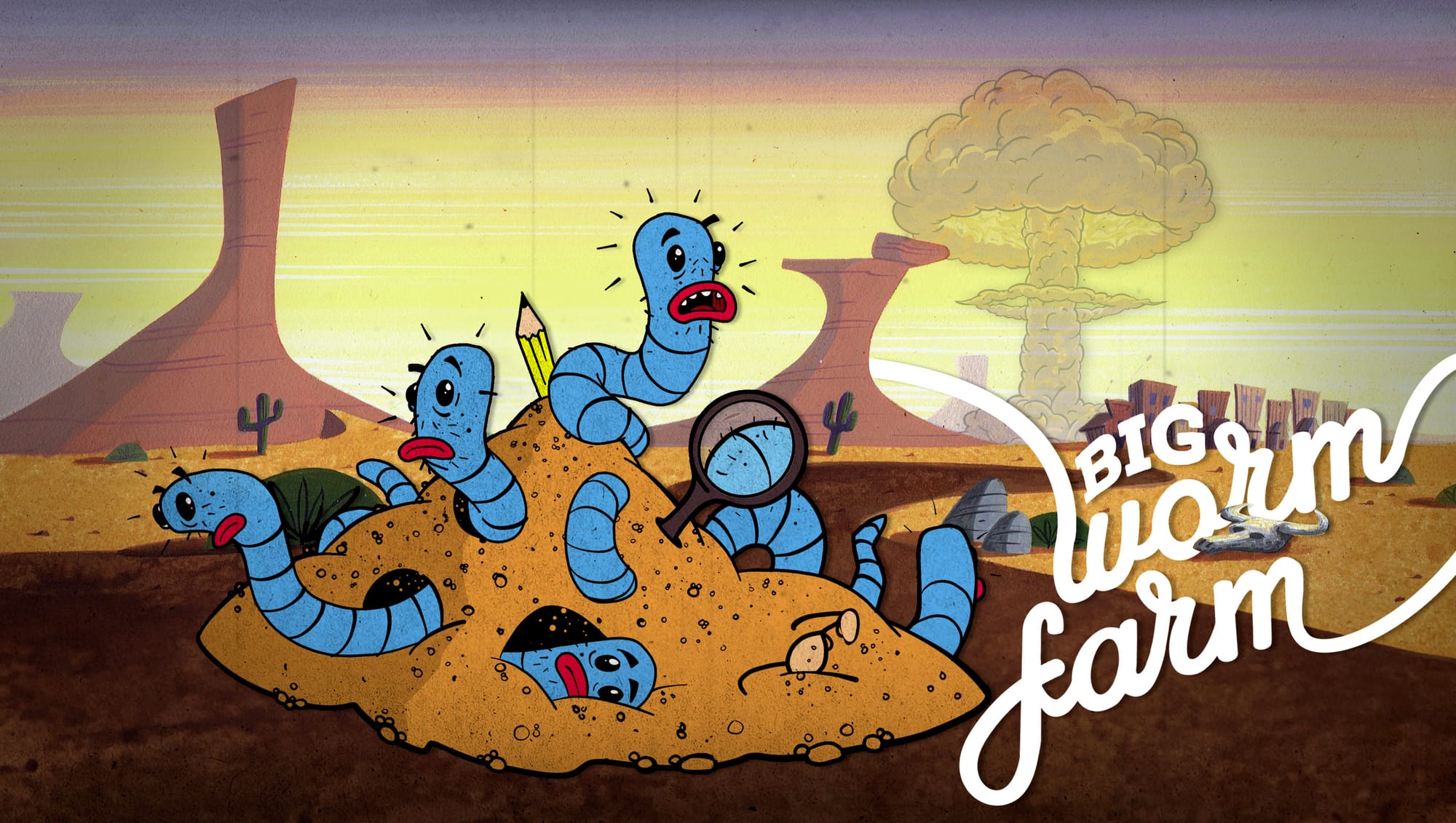
If you want to get in touch about this story, I will be lurking in the comments below, or always reachable privately at davidfarrier@protonmail.com.
You can share this newsletter here: webworm.co/p/futureshock — it’s a free Webworm, powered by paying readers.


